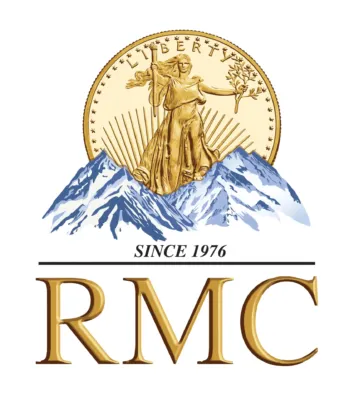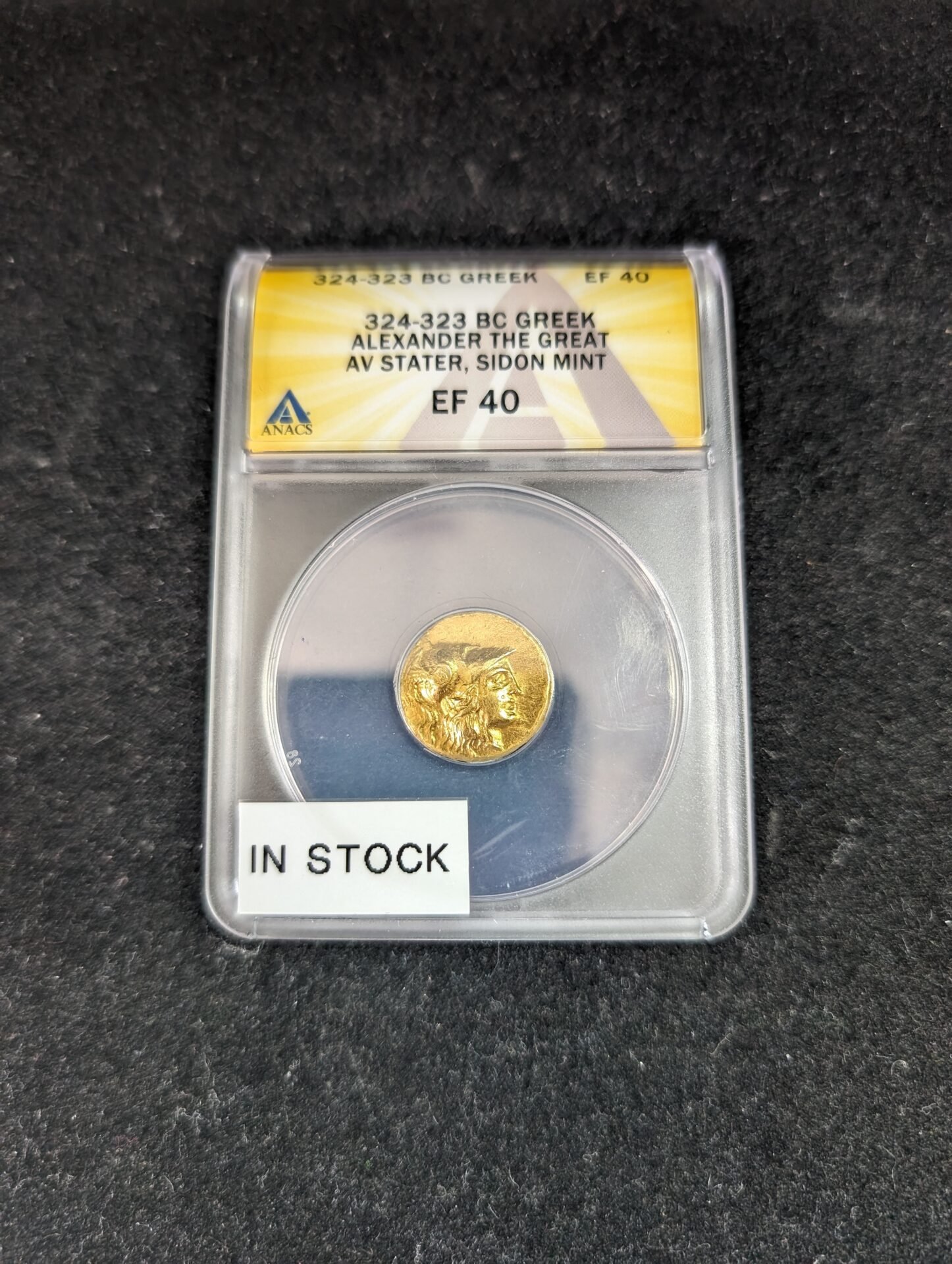A Beginner’s Guide to Metal Detecting
Whether you are looking for a unique way to stay in shape, want to enjoy time with your friends or family, or have dreams of hitting it rich, there are several reasons why you might consider purchasing a metal detector. Before you enjoy what is sure to be your favorite new hobby, here are a few simple tips and tricks that can help metal detecting be more productive and fun.
Purchase the Right Gear for Your Skill Level
As a beginner, chances are you won’t understand all the bells and whistles available on modern metal detectors. Start by creating a budget and choose a metal detector you can afford. Next, consider a few features that are easy to use and will allow you to hunt more effectively.
Here are a few popular features you will see on metal detectors.
Ground Balance
The ground you are detecting is filled with a variety of metals and minerals that can trigger your metal detector. Ground balance allows you to bypass common materials and instead, zero in on precious metals. Look for a metal detector with an automatic or preset ground balance feature.
Sensitivity
This allows you to adjust the distance you are able to detect. Choose a detector that allows you to set the sensitivity and has the manufacturer’s recommendations based upon your surrounds.
Search depth
The number of coils a metal detector features is linked to its search depth. The more coils, the deeper you can search.
When in doubt, always start with a beginner’s metal detector. A professional dealer can help you find a detector that is easy to use but will still be effective.
Purchase a small bag to store your finds, a small shovel, and a pinpointer. A metal pinpointer is a handheld tool that helps you search through the soil and locate your treasure with more accuracy.
Learn Where You Can and Cannot Hunt With Your Metal Detector
You are excited to get started metal detecting, but before you head out, it is important to understand where you can and cannot search for treasure. Here are a few great places you can go out and use your metal detector:
- Your own backyard
- Your neighbors’ and friends’ backyard — if you get their permission
- City parks
- Public beaches
- Churches
- Abandoned towns
Do your homework before you head out on your first hunt with your metal detector. For example, you may discover that while researching your favorite city park at the local library, the park was actually once home to early settlers.
Conversely, you need to be aware of places where you might get into trouble for metal detecting. For example, some federally-owned lands are off-limits to the public, including those with a metal detector. Always ask before metal detecting on private property.
Remember Simple Metal Detecting Etiquette
In addition to asking a property owner for permission to use your metal detector, there are several rude things you should never do while you are using your metal detector. Metal detecting etiquette includes the following:
- Fill holes: Replace soil, sand, or turf. Never leave holes in the ground, as these are unsightly and create tripping hazards for other pedestrians.
- Pick up trash: Throw away any junk you dig up, such as old soda cans. Never put garbage back into the ground.
- Stay away from other hunters: Give other hunters plenty of space and if another hunter enters your space, kindly ask them to leave or if they are unwilling, walk away yourself.
- Stay away from crowds. Avoid metal detecting on a crowded beach in the summer or around a family picnic at the park. Instead, consider detecting on off-hours where public places are less busy.
Contact the authorities immediately if you find anything suspicious or potentially dangerous, such as ammunition.
Head Out for Your First Hunt
Plan your first hunt on a day where there is no inclement weather expected. If you can, however, try to hunt with your metal detector after a rainstorm, as the ground will be soft and easier to dig. When you arrive at your hunting area, walk slowly around and make sure to wave your metal detector over the same spot more than once.
Adjust the sound and sensitivity on your metal detector as needed, if you aren’t digging up anything after the first few minutes. When you do hear your metal detector ping, dig a few inches down and use your pinpointer to find the object. Place any objects of value in your collection bag. Never clean off any objects you suspect might be high in value.
Using cleaning products on valuable items can remove paint and patina that will lessen the object’s value.
With the right equipment and a little practice, you will be pleasantly surprised at how quickly you will become an expert metal detector. Contact the professionals at Rocky Mountain Coin with any further questions.
Come see us for all your metal detector needs.
(303) 777-4653




